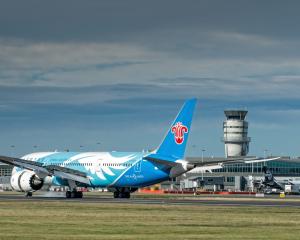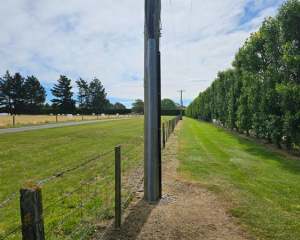Should organics bins be compulsory? That is the question the Selwyn District Council is mulling over to reduce organic waste as part of a review into its waste management processes.
Alongside the organics (green) bins, the council will also look at fortnightly rubbish collections and bins for glass only.
Currently residents in Rolleston, Lincoln, Darfield, Kirwee, Leeston, Prebbleton, Springston, Southbridge, West Melton, Doyleston and Tai Tapu can opt in to get a 240-litre organics bin for $198 a year, charged as part of rates.
Across the 11 townships, about 52% of eligible residents have opted into the service. The highest number was in Rolleston at about 70% and the lowest in Doyleston with about 37%.
If it was compulsory, the council would need about 8800 extra bins.
Analysis of the kerbside waste bins shows, on average, 44% of the content in rubbish bins is garden and food waste. This equates to more than 5000 tonnes a year.
The Government scrapped Labour’s plans to make organic bins compulsory in 2024.
The council said 69% of respondents signalled they did not want a compulsory organics bin when consultation was done for the 2024-34 Long Term Plan.In Christchurch, the combined cost of an 80-litre organics bin and 240-litre recycling bin is $176.13 a year.
Auckland introduced a 23-litre food scraps bin in 2023 at a cost of $81.19 a year.
The addition of the bins saved more than 40 million kilograms of food scraps from landfills from April 2023 to March this year.
The council is required to review its waste management and minimisation plan every six years. Councillors voted to start work on a new plan last week. Once a draft is developed, it is expected to be out for public consultation early next year.













